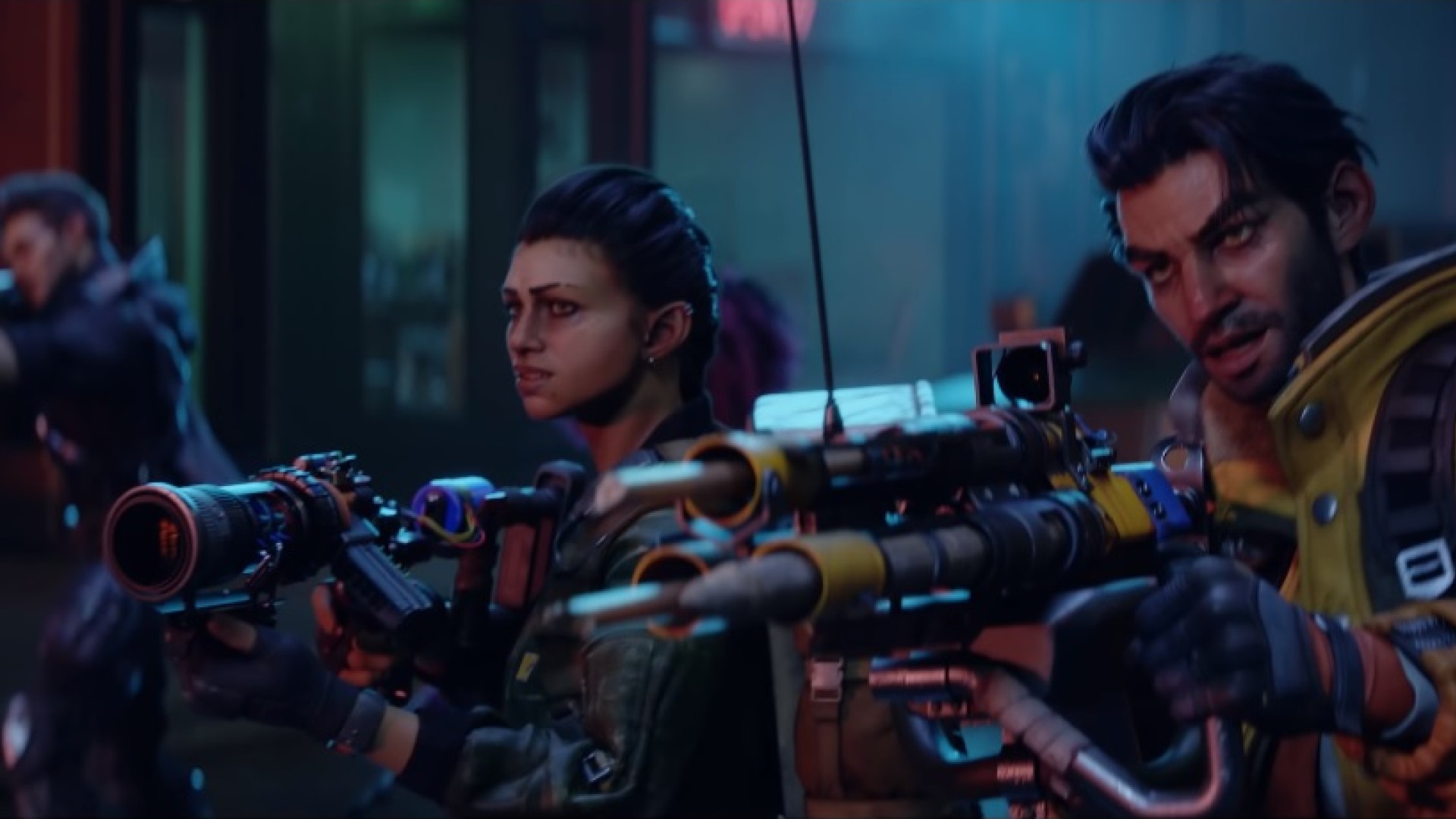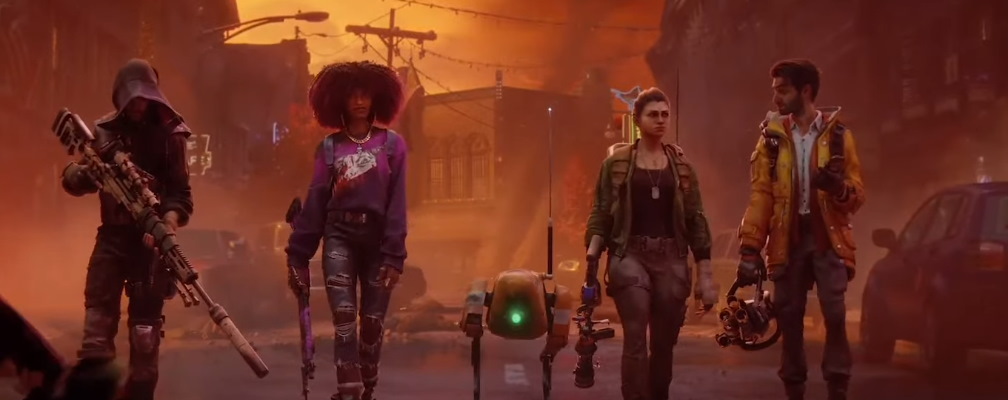

Sneaking up behind an enemy to deliver a knockout blow has no animation of its own. The stealth mechanics are also underdeveloped. Even the vampires, who are meant to serve as bigger, tougher enemies, sometimes use attacks that are so easily countered it renders them afterthoughts in many cases, like a lunge that you can just back up to avoid. In combat, they will often take too long to shoot and struggle to take cover, letting you get in killing blows before they've hardly reacted in any way at all. Picking off enemies with a sniper will often result in nearby enemies carrying on with their day, unphased by their allies dying off. Redfall pales in comparison to the intricately designed worlds of Arkane's past.Įnemies in Redfall are unresponsive to a degree that I would never expect from a team as talented as this and from a publisher as resource-rich as Bethesda. There's no reward for creatively completing missions and you're eventually funneled into an all-out firefight in every encounter, even when you take the time to play smarter, discouraging you from trying to solve any problem in a more creative way than just shooting everyone.

In Redfall, you can only really speak one language: killing enemies. But moments like these are too spread apart, and in the middle you'll often find blander elements such as small gangs of enemies waiting to be dispatched with no more consideration than choosing which gun to use. And in Redfall, there are opportunities to get crafty when entering some buildings, like by going through the roof, by picking a lock on a door, or by climbing through a window.

Traveling from A to B in creative ways has always been Arkane's signature. The game's second map, which you'll unlock halfway through the campaign, is noticeably better because it comes closer to the team's past efforts, with more interesting landmarks and more verticality built into its neighborhoods, but it still doesn't quite get there. Too often, you and up to three others playing in co-op will move across barren beaches or through wooded areas with little more than some sheds or campsites to rummage through. The game's two maps are bigger than anything Arkane has done before, from either its team in Texas or France, but the team struggles to fill that space with the same intricacies that made games like Dishonored and Deathloop both Game of the Year winners and Prey a cult classic. Now Playing: Redfall Review - Half-Staked Wherever things have gone wrong in Redfall, and there are several places, it feels like the result of a team with a foot in disjointed worlds: what it's known for and what it's tasked with doing.īy clicking 'enter', you agree to GameSpot's In their place are run-and-gun fights with unresponsive AI enemies amid a host of bugs that are so prevalent, it genuinely feels dejecting to see the game launch in this state. Most aspects of what the team is known for-unrivaled world design, intricate immersive sim elements, improvisational combat-are rarely found here. The story premise is classic Arkane stuff, but in practice, it plays like a tug-of-war that its usually inventive team could not win. Redfall is a four-player co-op loot-shooter that pits players against vampires and the cultists who follow them. Redfall is Arkane making compromises to its own design philosophies to serve a genre it may have been better off avoiding. This surprise would become emblematic of my time in the vampire-infested Massachusetts town. And yet, there are ladders early and often in Redfall.

The team has said ladders feel limiting by putting players in a "mode" where they can't use their weapons or abilities, and they often even fall to their deaths anyway-Arkane hates ladders. The team says as much with a succinctly stated poster in one of the rooms in its Austin location: "F**k ladders," it reads.


 0 kommentar(er)
0 kommentar(er)
